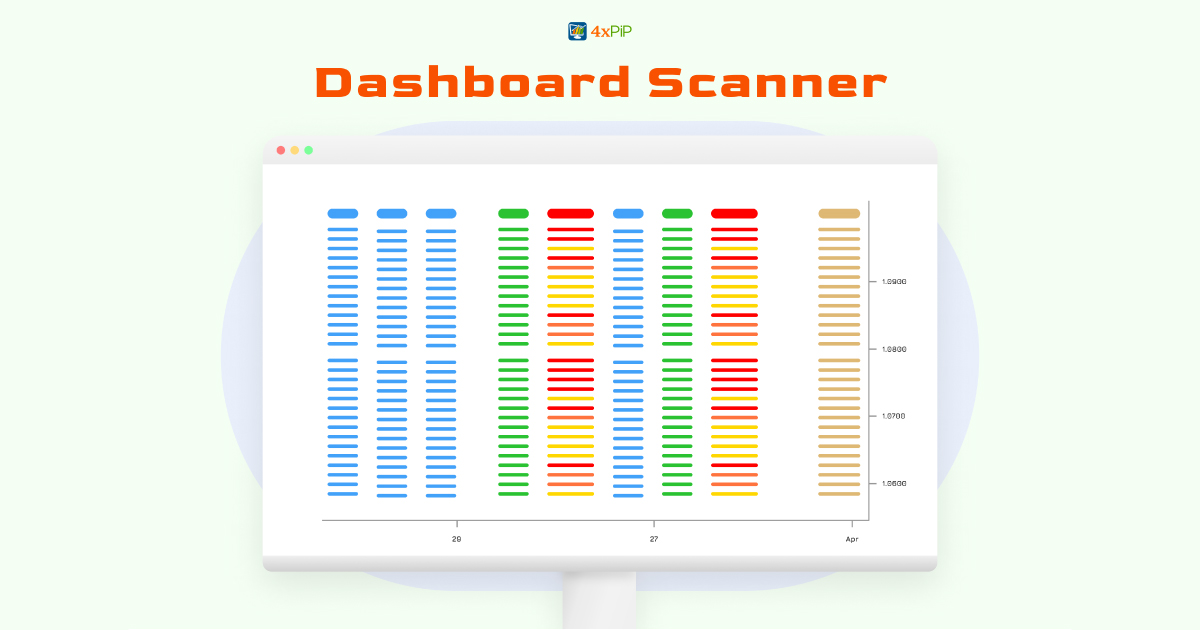What is the importance of preparing for an interview?

What is the importance of preparing for an interview?
Preparing for an interview is of paramount importance for several reasons:
Impression Management
An interview is your opportunity to make a positive and lasting impression on a potential employer. Proper preparation allows you to present yourself in the best possible light, showcasing your qualifications and personality.
Competitive Advantage
In today’s competitive job market, employers have many qualified candidates to choose from. Effective interview preparation sets you apart from other applicants and increases your chances of being selected.
Confidence: Being well-prepared boosts your self-confidence. Confidence can influence how you present yourself, how you answer questions, and how you handle unexpected situations during the interview.
Reduced Anxiety: The fear of the unknown can cause anxiety. Preparation helps reduce anxiety by making the interview process more predictable and manageable.
Effective Communication
Interview preparation hones your communication skills. It enables you to articulate your thoughts clearly and succinctly, answer questions with confidence, and engage in effective two-way communication with the interviewer.
Knowledge of the Company
Understanding the organization you’re interviewing with demonstrates your genuine interest. It allows you to tailor your responses to align with the company’s mission, values, and goals.
Question Handling: By anticipating and practicing responses to common interview questions, you are better equipped to provide well-thought-out, relevant answers.
Behavioral Examples: Interview preparation helps you identify specific examples from your past experiences that showcase your skills and accomplishments, making your responses more compelling.
Professional Appearance
Preparation includes choosing appropriate attire and grooming, aligning with the company’s culture and expectations. Your appearance is a vital aspect of making a positive impression.
Negotiation Strategy: Preparing for an interview involves considering your salary and benefit expectations. This preparation is crucial for successful negotiation if a job offer is extended.
Time Management
Interview preparation ensures that you arrive on time and are organized. Being punctual and well-organized are characteristics that employers value.
Adaptability: Anticipating potential questions and challenges during the interview allows you to prepare for different scenarios and adapt your responses effectively.
Strength Identification: Interview preparation helps you identify your strengths and unique selling points, enabling you to emphasize them during the interview.
Mitigation of Weaknesses: You can also work on addressing or mitigating weaknesses or gaps in your qualifications through preparation. This may involve developing explanations or strategies to minimize concerns.
Post-Interview Follow-Up
Effective preparation includes planning for post-interview actions, such as sending a thank-you email or note. This step can further demonstrate your professionalism and enthusiasm for the position.
Reduced Stress
Adequate preparation reduces stress on the day of the interview. It allows you to approach the interview with a clear mind and focused mindset.
Increased Control: Preparation gives you a sense of control over the interview process. It helps you guide the conversation in a way that highlights your strengths and suitability for the position.
Maximized Opportunities
Every interview presents an opportunity to learn and grow, even if you don’t get the job. By preparing for interviews, you can gain valuable experience and improve your interviewing skills for future opportunities.
In conclusion, Interview preparation classes in Chandigarh It is essential for not only securing a job but also for personal and professional development. It equips you with the tools, knowledge, and confidence needed to succeed in interviews and make a positive impact on potential employers.
What is important before an interview?
Before an interview, several important steps and considerations can help you prepare effectively and increase your chances of success. Here’s a checklist of things to do and consider before an interview:
Research the Company
Thoroughly research the company you’re interviewing with. Understand its history, mission, products or services, culture, and recent news or developments. This knowledge will demonstrate your genuine interest in the organization.
Review the Job Description
Revisit the job posting or job description to remind yourself of the specific qualifications, skills, and responsibilities required for the position.
Match Your Skills and Experience
Identify your own skills and experiences that align with the job requirements. Be prepared to discuss how your background makes you a strong fit for the role.
Prepare Answers to Common Questions
Anticipate and practice responses to common interview questions, such as “Tell me about yourself,” “What are your strengths and weaknesses?” and “Why do you want to work here?” Craft concise and compelling answers.
Behavioral Examples
Identify specific examples from your past experiences that illustrate your skills and accomplishments. These real-life examples can support your responses during the interview.
Questions for the Interviewer
Prepare thoughtful questions to ask the interviewer. This shows your interest in the role and the company. Questions might focus on company culture, team dynamics, expectations, or future projects.
Practice Interview Etiquette
Understand the expected etiquette for the interview, such as proper attire, punctuality, and a firm handshake. Plan your outfit in advance.
Location and Directions
Confirm the interview location and plan your route. If it’s a virtual interview, ensure you have the necessary technology set up and test your internet connection, camera, and microphone.
Portfolio or Resume
Bring multiple copies of your resume and any other relevant documents, such as a portfolio or certifications, to share with the interviewer.
Body Language and Non-Verbal Cues
Practice positive body language, including eye contact, a firm handshake, and an engaged posture. Avoid fidgeting or distracting habits.
Elevator Pitch
Prepare a brief and impactful “elevator pitch” that summarizes your background, skills, and what you can offer the company in a concise manner.
Confidence-Boosting Exercises
Use confidence-building exercises to reduce nervousness and anxiety before the interview. Techniques like deep breathing and positive visualization can help.
Company Culture Fit
Assess the company’s culture and values to determine if they align with your own. This can help you determine if it’s the right fit for you as well.
Technical Requirements (Virtual Interviews)
For virtual interviews, ensure your camera, microphone, and internet connection are functioning correctly. Familiarize yourself with the video conferencing platform being used.
Professional References
Be prepared to provide professional references if requested. Inform your references in advance and ensure they are available to speak on your behalf.
Dress Appropriately
Choose appropriate attire for the interview based on the company culture. When in doubt, it’s usually better to be slightly overdressed than underdressed.
Relaxation Techniques
Practice relaxation techniques, such as mindfulness or meditation, to help calm your nerves and clear your mind before the interview.
Confirm Interview Details
Confirm the date, time, and location of the interview, as well as the names and titles of the interviewers, if available.
Plan Follow-Up Steps
Consider your post-interview actions, including sending a thank-you email or note, and have a plan for how and when to follow up after the interview.
Positive Mindset
Maintain a positive mindset. Believe in your abilities and focus on how your qualifications and experiences make you a strong candidate.
Remember that thorough preparation can boost your confidence and increase your chances of performing well in the interview. It also shows the interviewer that you’re serious and well-prepared, making a positive impression.
Read more article:- Kpongkrnlkey.




